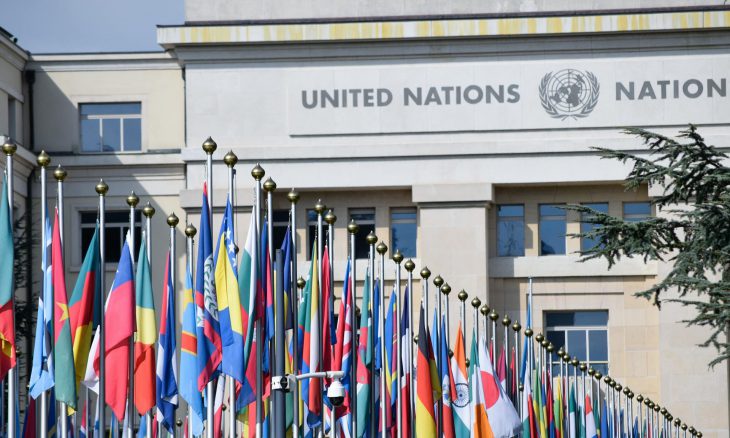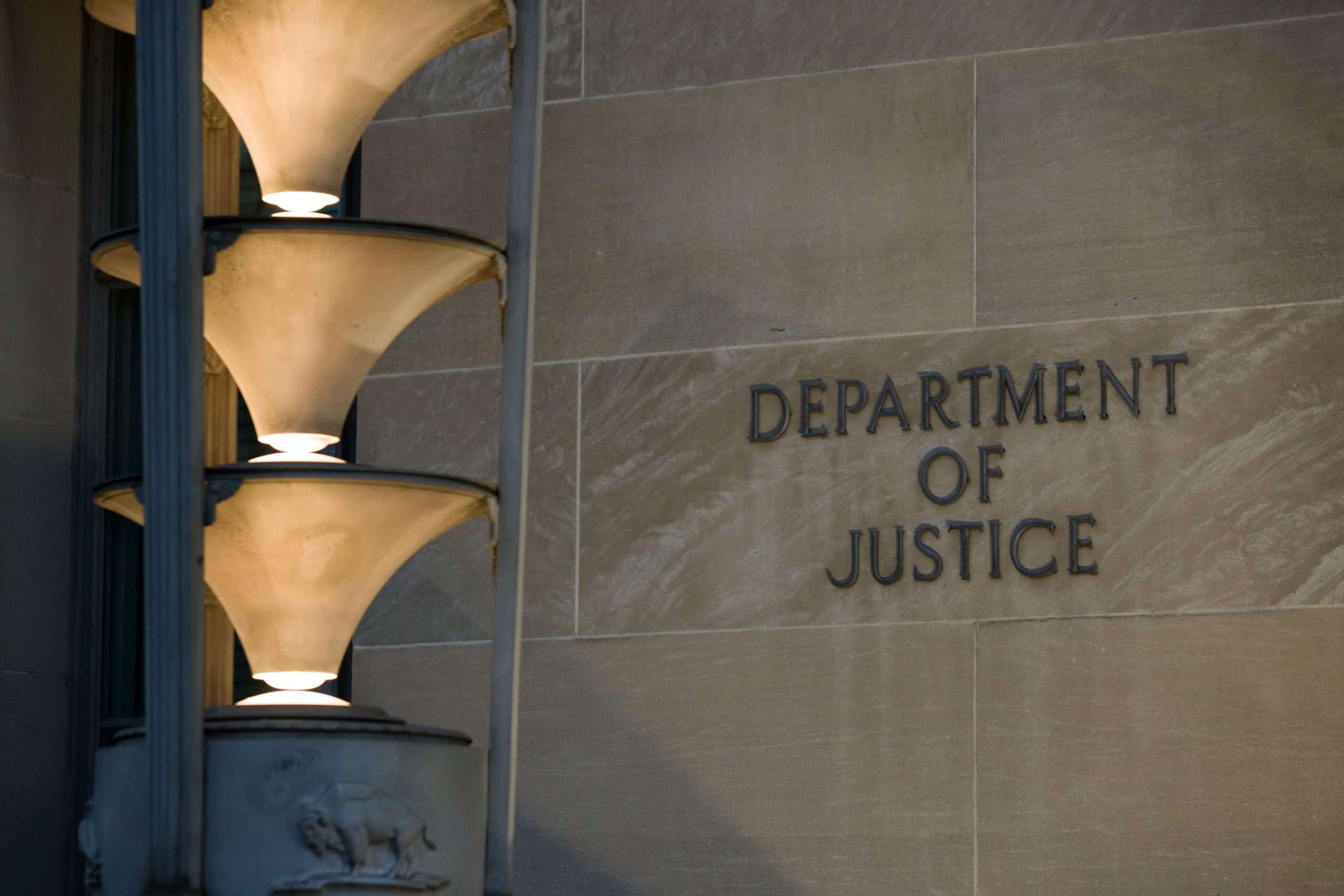How the economic, military, diplomatic, and domestic effects impact the lives of Americans.
PRAY FIRST for understanding U.S. Foreign Policy and Its Impacts and for our leaders to have godly discernment as they make complex foreign policy decisions that impact our nation and the world.
If any of you lacks wisdom, let him ask God, who gives generously to all without reproach, and it will be given him. – James 1:5
U.S. foreign policy serves as the framework guiding America’s relationships with other nations. At its core, it seeks to advance national security, uphold economic prosperity, and support American values such as human rights. Shaped by economic, military, and diplomatic interests, foreign policy decisions are influenced by complex interactions between government branches, public opinion, and international obligations. For example, alliances like NATO focus on collective defense, while trade deals such as the USMCA (United States-Mexico-Canada Agreement) prioritize economic partnerships.
The prioritization of foreign policy issues can shift based on geopolitical dynamics. The U.S. might emphasize trade agreements during periods of economic growth or shift focus to military engagements when national security is at stake. Nevertheless, each decision directly impacts domestic policy, such as changes in immigration laws or adjustments to defense spending—illustrating how intertwined foreign and domestic agendas are.
Economic Impact on Americans
U.S. foreign trade agreements and tariffs significantly influence the cost of goods and services. Trade deals can reduce tariffs—making imports more affordable—while retaliatory tariffs, often during trade disputes, can increase costs. For example, tariffs on steel and aluminum have raised prices on consumer goods, from cars to canned goods, directly affecting American wallets. Similarly, international sanctions imposed by the U.S. on countries like Iran or Russia can disrupt global markets, leading to supply chain delays and increased production costs for U.S. businesses.
Foreign aid spending often raises questions about its domestic implications. Critics have argued that funds spent abroad could be redirected toward domestic issues such as infrastructure or healthcare. However, proponents highlight that strategic foreign aid can foster global stability, reducing security risks and promoting trade opportunities that ultimately benefit the U.S. economy.
Global economic fluctuations also impact Americans. Oil prices are a prime example; disruptions in oil-producing regions can spike prices at our gas pumps, affecting inflation rates and the cost of living across the country. Supply chain issues during global crises, like the COVID-19 pandemic, further stressed how interconnected the global economy is with everyday American life.
Why It Matters and How We Can Respond
The economic implications of U.S. foreign policy extend far beyond trade deals and tariffs. These decisions shape the cost of living, job markets, and economic stability for millions of Americans. Understanding this interconnectedness can help citizens navigate these complexities more thoughtfully and advocate for policies that balance international commitments with domestic needs.
As Christians, it is crucial to understand and care about the complexities of foreign policy, including its economic and societal impacts. These policies shape our world on a grand scale, influencing our nation, while also affecting our local communities in significant ways. In a globalized world, foreign policy decisions affect millions of lives, often determining whether communities experience conflict or peace, poverty or prosperity. We can serve as examples of humility and wisdom by discussing foreign policy issues with a focus on seeking understanding and building bridges rather than contributing to division. By seeking a better understanding of these policies, we fulfill our calling to “love our neighbors” (Matthew 22:39 ESV) by advocating for solutions that promote the well-being of all people, especially the marginalized. Let us be careful listeners, seeking out multiple perspectives, and showing respect and empathy even in disagreement.
HOW THEN SHOULD WE PRAY:
— Pray for peace and stability in foreign relations and that ethical diplomatic efforts prevail over war and division. Blessed are the peacemakers, for they shall be called sons of God.
Matthew 5:9.
— Policies affecting trade, diplomacy, and global aid to reflect compassion and to be free of self-interested reasons. He has told you, O man, what is good; and what does the Lord require of you but to do justice, and to love kindness, and to walk humbly with your God?
Micah 6:8.
CONSIDER THESE ITEMS FOR PRAYER:
- Pray that businesses operating internationally are led with integrity and fairness.
- Pray for communities and individuals affected by foreign policy decisions—those who experience economic changes, migration, and cultural impacts.
- Pray for those entrusted with decision-making and that they would lead with humility and seek the greater good.
Sources: Internal Revenue Service, U.S. Department of the Treasury, Gallup, Congressional Budget Office (CBO), Pew Research Center









